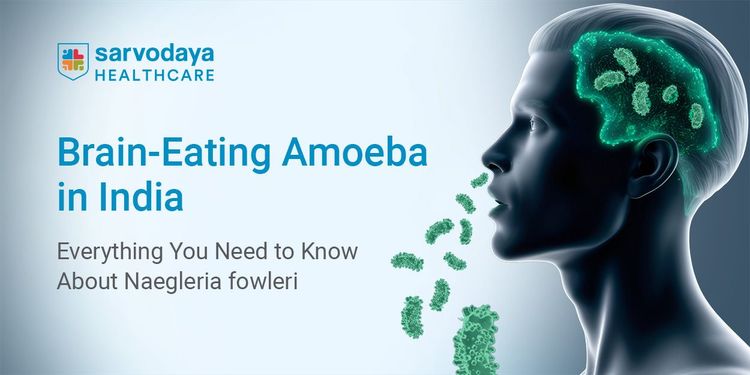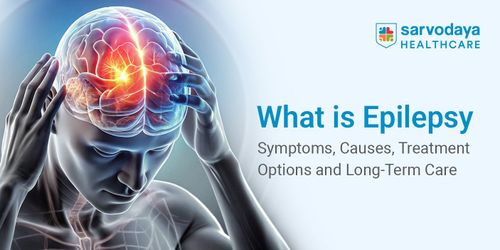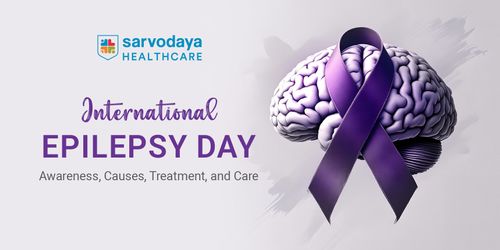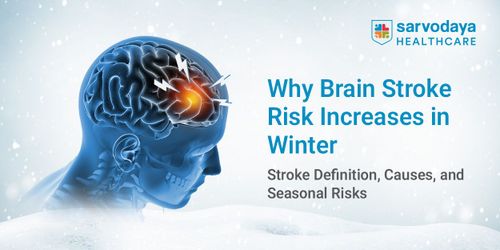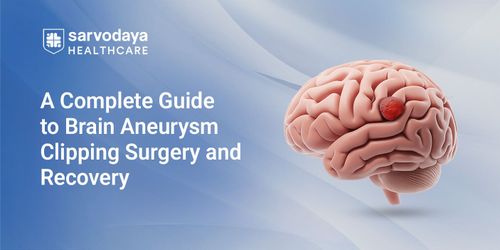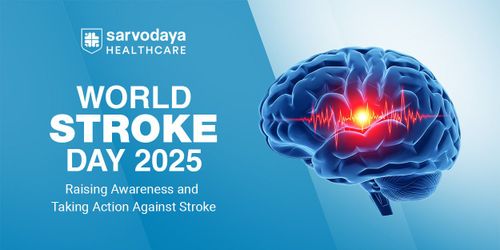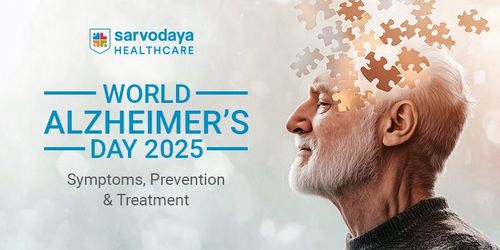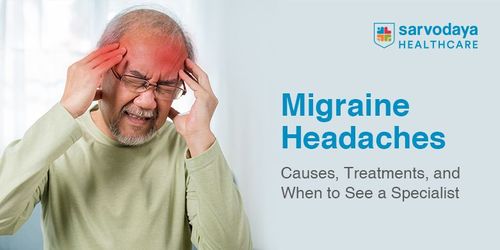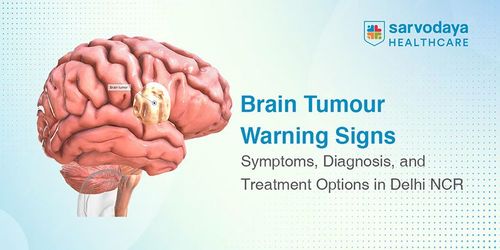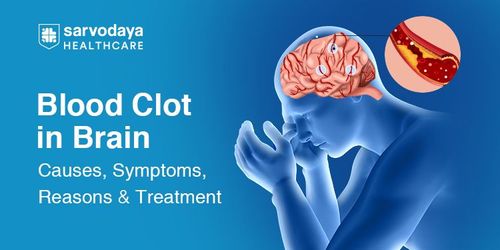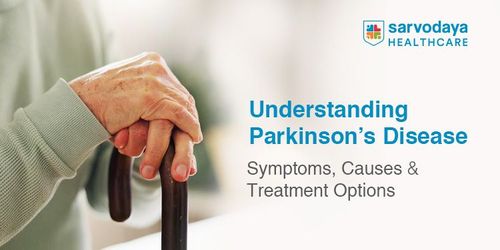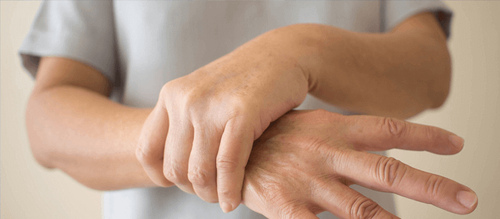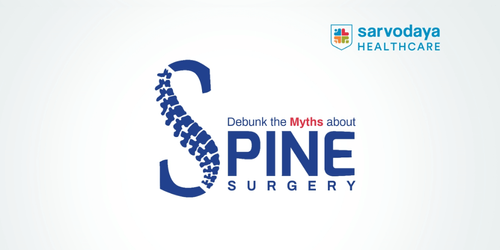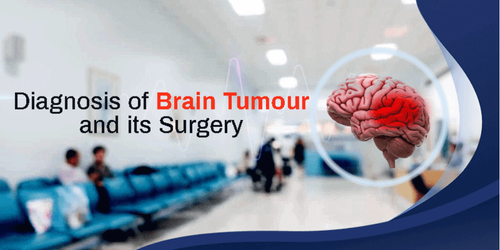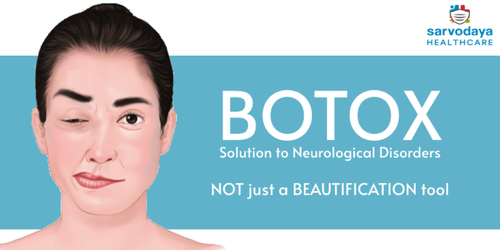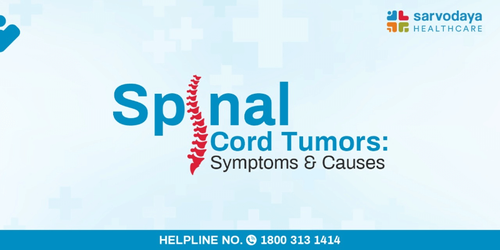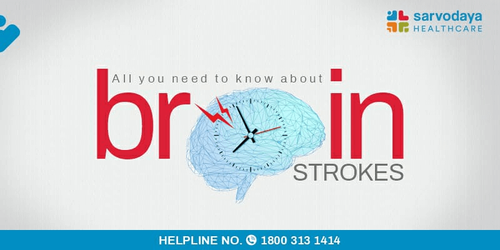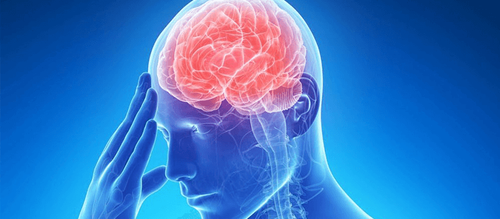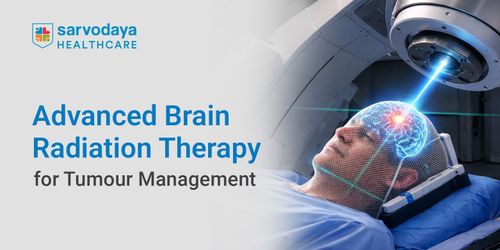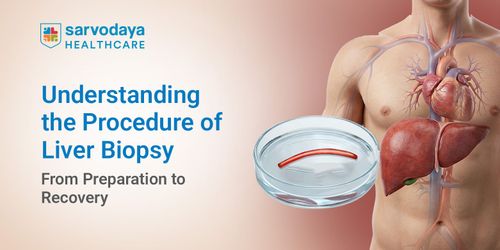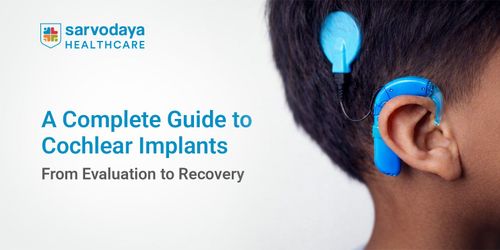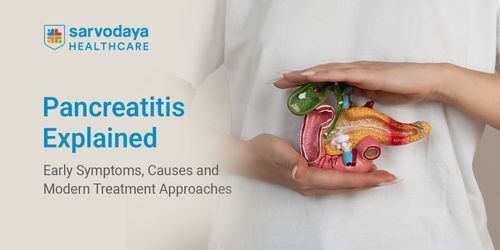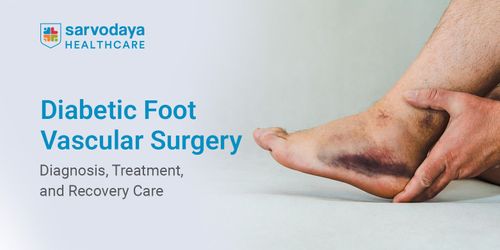The term ‘brain-eating amoeba’ often raises fear because of the seriousness of the infection it causes. Scientifically known as Naegleria fowleri, this rare organism thrives in warm freshwater bodies and is responsible for a brain infection that can progress rapidly if left untreated. Despite being uncommon, its high fatality rate makes it a significant public health concern, especially during the hotter months or in areas where water safety standards are compromised.
In this blog, we discuss what the brain-eating amoeba Naegleria fowleri is, how it spreads, the brain eating amoeba symptoms of the early and advanced stages of the disease, the available treatment options, and practical prevention tips.
Understanding Naegleria fowleri (Brain-Eating Amoeba)
The brain-eating amoeba Naegleria fowleri is a single-celled organism most commonly found in:
- Warm freshwater lakes and rivers
- Geothermal water sources, such as hot springs
- Poorly maintained or under-chlorinated swimming pools
- Soil and sediment at the bottom of warm water bodies
It enters the body when contaminated water goes up the nose, often during swimming or diving activities. Once inside, the amoeba in brain travels, causing a rare but severe condition known as primary amoebic meningoencephalitis (PAM). Unlike common infections, PAM progresses aggressively and can often be fatal within days if not detected early.
Although the condition is very rare worldwide, several cases have been reported in India, including recent concerns linked with the brain eating amoeba Kerala incidents. Such instances underscore the importance of heightened awareness, especially in regions where water temperatures remain warm for prolonged periods.
Causes and How Infection Spreads
The infection caused by Naegleria fowleri does not occur through drinking water, as many might believe. Instead, it spreads when contaminated water enters the body through the nose. Once inside, the amoeba travels along the olfactory nerve to the brain, where it begins to destroy brain tissue.
Risk factors increase during hot and humid weather conditions, particularly in regions where water treatment and chlorination are not strictly monitored. This explains why concerns regarding the brain eating amoeba in Kerala have been raised, as warmer climates provide the right environment for the organism to thrive.
Symptoms of Brain-Eating Amoeba Infection
Recognising the signs of infection at the earliest stage can make a significant difference. The first brain eating amoeba symptoms usually appear between 1 and 9 days after exposure. Early stages may resemble routine illnesses, which often lead to delayed diagnosis.
Some common initial brain eating amoeba symptoms include:
- Severe headache
- Fever and chills
- Nausea and vomiting
As the infection progresses rapidly, advanced symptoms develop, such as:
- Stiff neck and sensitivity to light
- Confusion or disorientation
- Seizures and hallucinations
- Loss of balance
- Coma in severe cases
These symptoms mirror those of bacterial meningitis, which makes diagnosis challenging. This is why early awareness and consultation with an best neurologist in delhi ncr are crucial to begin timely treatment.
Diagnosis and Treatment
Diagnosing an infection caused by Naegleria fowleri is challenging because its symptoms are similar to those of meningitis and other neurological diseases. Laboratory testing of cerebrospinal fluid (CSF), molecular methods, and imaging are often required to confirm the presence of the brain-eating amoeba Naegleria fowleri. Unfortunately, due to the rapid progression of the disease, many cases are detected late.
The available brain eating amoeba treatment options include:
- Amphotericin B: an antifungal drug commonly used in treatment protocols
- Miltefosine: an antimicrobial medicine often administered in combination therapies
- Other Antifungal and Antibacterial Drugs: Slow down the infection.
- Supportive Care in Intensive Care Units: To manage brain swelling and seizures
Treatment requires immediate intervention, and survival rates improve when medical support is sought as soon as symptoms begin. A timely response is the only effective way to manage such an aggressive condition.
Prevention Tips
While treatment options are limited, prevention remains the most vigorous defence against Naegleria fowleri. Since the amoeba thrives in warm, untreated freshwater, being mindful of daily habits can significantly reduce the risk of infection.
Here are some practical measures:
- Avoid swimming or diving in warm freshwater lakes, rivers, or hot springs during high-risk seasons.
- Use properly fitted nose clips when entering untreated or uncertain water bodies.
- Ensure swimming pools and water parks are well-maintained with correct levels of chlorination.
- Refrain from stirring sediment in shallow, warm waters where the amoeba is most likely to reside.
- Always use boiled, distilled, or sterilised water for nasal irrigation practices such as neti pots.
- Encourage children to follow water safety precautions, as they may be more likely to swallow or inhale water while playing.
Role of Specialists and Hospitals
The successful management of infections caused by the brain-eating amoeba requires a highly specialised approach. Because the infection directly targets the brain, the expertise of a neurologist in Faridabad becomes essential. These specialists are trained to recognise subtle neurological changes and provide immediate intervention.
Access to a reputed neuro hospital in Delhi NCR is also critical, as advanced facilities are required for accurate diagnosis, emergency neurosurgical procedures, and intensive care support. Multidisciplinary teams of neurologists, neurosurgeons, and critical care experts collaborate to deliver the best possible outcomes for patients affected by this aggressive condition.
Conclusion
The threat of Naegleria fowleri, also known as the brain-eating amoeba, is rare but very real. Understanding the causes, recognising early symptoms of brain eating amoeba in India and following prevention tips can go a long way in reducing the risk of infection. Although cases are few, their fatality rate makes awareness and timely medical consultation crucial.
At Sarvodaya Hospital, Faridabad, patients have access to experienced neurologists, paediatric neurologists, and neurosurgeons, backed by state-of-the-art facilities. The hospital provides advanced care for brain infections and offers preventive consultations to help individuals stay informed and safe. With a holistic approach that combines cutting-edge technology, expert medical care, and patient-focused support, Sarvodaya Hospital ensures that every patient receives comprehensive attention.
Prevention and early action can save lives, so it is always better to act promptly and book an appointment now to consult a trusted neurologist.


